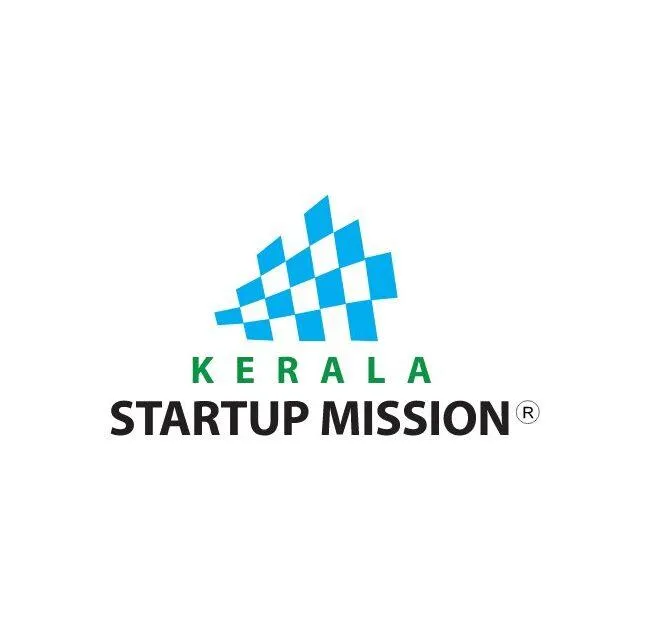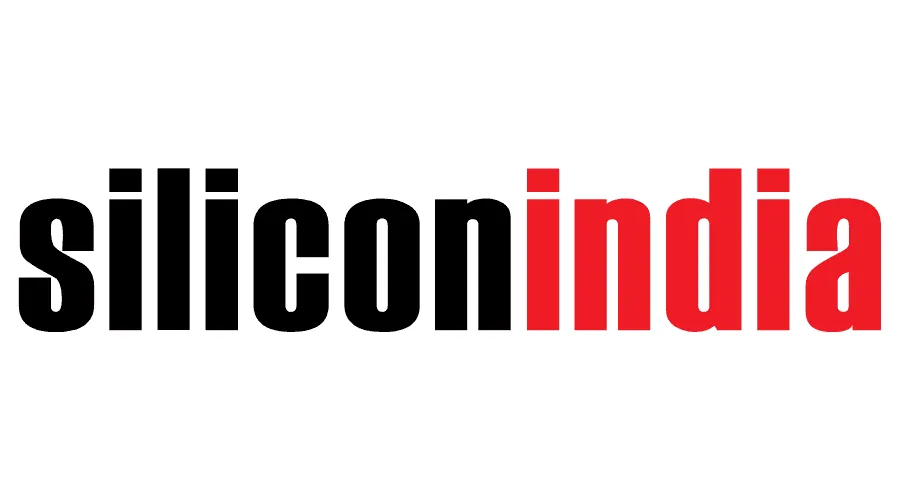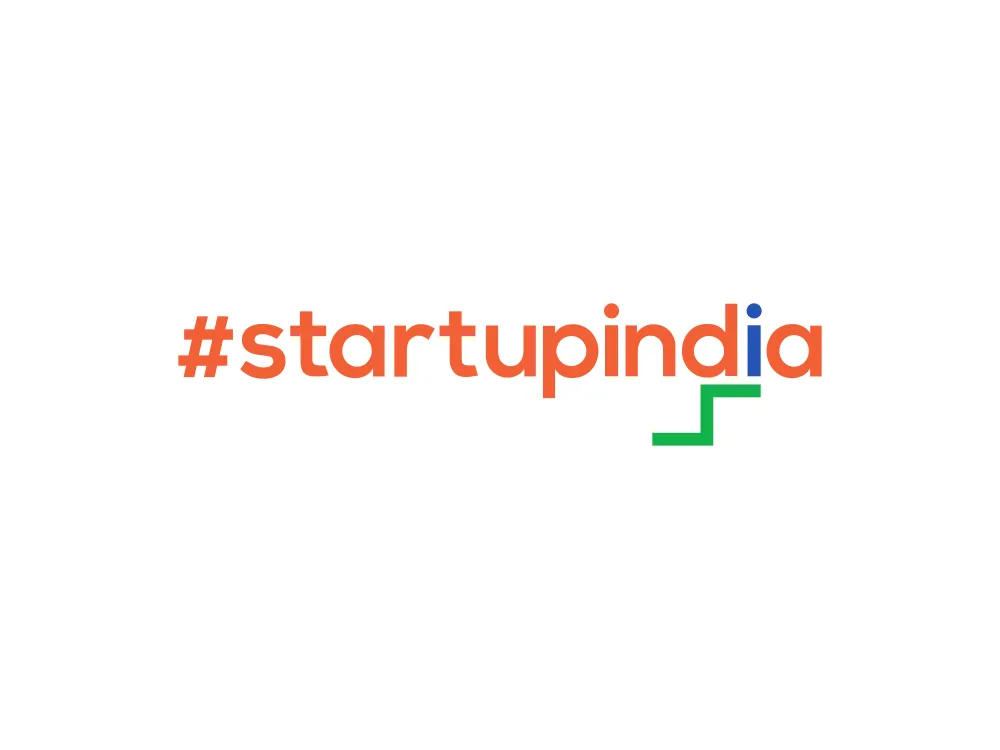Welcome To Zaara Biotech.
Zaara biotech is a Biotechnology Start-up company established
in 2016 focusing on Research in Energy and Food crisis using
Micro- Algae.
Our vision is to enhance the quality of life for the people around the globe by delivering healthy food, together with a better environment for mankind to strive for.
Zaara Biotech launched a number of high-nutrition products including the iconic Blite cookies.
With the collaboration from ICAR-CIFT for research and development, the company improved upon its products with algal-seaweed technology adding to its quality and taste.
With every bite of B-lite spirulina cookies, you consume digestible natural proteins, sufficient amounts of dietary fibre, calcium and iron.With its nutritional goodness, a single pack of these cookies can compensate entirely for a missed meal.

What's Hot?

2023: A Year of Booming Biotechnology Breakthroughs!
"Biotechnology is a field of infinite possibilities, where the power of science merges with the beauty of nature to transform the world." - Craig Venter
The year 2023 has witnessed a dazzling array of breakthroughs in the realm of biotechnology, pushing the boundaries of what was once thought impossible. From gene-editing therapies to AI-powered drug discovery, the field has experienced a transformative leap forward, holding immense potential to improve lives and revolutionise countless industries.
1. Personalised Medicine
Genomics and AI-driven approaches are enabling the development of personalised treatments tailored to individual patients' genetic makeup and disease characteristics. This can lead to more effective therapies with fewer side effects.
For example,PanDrugs2 is a software programme that analyses alterations in tumour genes, relates them to existing available drugs, and reports on the most suitable ones.This software analyses the genomic data of each patient in search of so-called ‘molecular targets’, in other words molecules on which existing drugs act. The platform calculates one scoring system for the genes that are relevant and another for drugs that could act on them. The highest scores are received by drugs with the greatest scientific evidence as being effective against the therapeutic targets detected in patients. From these scores, the tool generates a ranking of treatmentsAltogether, the platform handles data on 4,642 genes and 14,659 unique chemical compounds. Based on that information, it has generated 74,000 associations between drugs and genes.
2. Liquid Biopsies
Non-invasive blood tests are replacing traditional tissue biopsies, allowing for earlier detection and monitoring of cancer and other diseases, providing valuable insights for personalised treatment decisions.
For example,Researchers at the University of Pittsburgh and Washington University School of Medicine have discovered that lymphatic fluid from surgical drains, typically discarded, can serve as a valuable biomarker for predicting the risk of cancer recurrence in patients with head and neck cancercaused by human papillomavirus (HPV). The study, published in Clinical Cancer Research, demonstrated that HPV DNA in lymphatic fluid collected after surgery is a powerful predictor of recurrence, offering insights for more precise treatment decisions. The researchers found that the levels of cell-free HPV DNAin lymphatic fluid were significantly higher and more sensitive than in blood samples. This innovative approach could aid clinicians in determining whether to escalate or de-escalate adjuvant therapies for patients with HPV-positive head and neck cancer. The findings suggest that this liquid biopsy technique has the potential to provide valuable information that may be missed by traditional methods, offering a more informed approach to treatment decisions. The researchers are also exploring the development of a lymphatic fluid-based test for HPV-negative head and neck cancer.
3. Gene Therapies
Gene therapy is a medical approach aimed at treating or preventing diseases by introducing, altering, or replacing genetic material within a person's cells. The primary goal is to correct or compensate for genetic abnormalities that cause or contribute to diseases. This can involve introducing a functional gene, repairing or replacing a faulty gene, or regulating the expression of specific genes. Gene therapy has the potential to treat a variety of genetic disorders and some acquired diseases by addressing the underlying genetic cause.
CRISPR-Cas9 is a revolutionary gene-editing tool that allows precise modification of DNA within living organisms. CRISPR stands for Clustered Regularly Interspaced Short Palindromic Repeats, which are specific DNA sequences found in bacteria. Cas9 is an enzyme that acts like molecular scissors, cutting the DNA at targeted locations. By guiding Cas9 with a synthetic RNA molecule matching the target gene sequence, scientists can edit, add, or delete specific genetic information. CRISPR-Cas9 has widespread applications in genetic research, biotechnology, and potential therapeutic interventions, offering a more efficient and precise method for genome editing compared to traditional techniques.
The U.S. FDA has recently approved two gene therapies, Casgevy and Lyfgenia, for the treatment of sickle cell disease in patients over 12. Casgevy also awaits approval for treating beta thalassemia by March 2024. These therapies mark a significant step in utilizing CRISPR-Cas9 for gene therapy, enabling the treatment of diseases traditionally requiring bone marrow transplantation. Casgevy uses CRISPR-Cas9 to disable the BCL11A gene,promoting the production of foetal haemoglobin, crucial for sickle cell and beta thalassemia patients. In clinical trials, patients experienced positive outcomes, but ongoing real-world monitoring is essential due to potential unintended genetic modifications associated with CRISPR-Cas9. While the therapies utilise patients' own blood cells, making treatment accessible, the high cost and the need for specialised facilities may limit widespread adoption.
4.Automation, AI, and Machine Learning
The integration of artificial intelligence (AI), automation, and machine learning (ML) in biotechnology is revolutionising the field, offering unprecedented opportunities for efficiency and innovation. AI and ML algorithms are employed to analyse vast datasets, enabling rapid and precise decision-making in various biotechnological processes, from genetic engineering to drug discovery. Automation, coupled with intelligent algorithms, streamlines laboratory workflows, reducing manual labour and enhancing reproducibility. In bioprocessing, AI optimises conditions for microbial fermentation or cell culture, improving yield and quality. The synergy of AI, automation, and ML not only accelerates research and development but also paves the way for more sustainable and cost-effective biotechnological solutions, marking a transformative era in the intersection of technology and biology.
For example,London-based startup Multus Biotechnology is utilising artificial intelligence (AI) and automation to optimise cell culture media formulation, aiming to reduce the cost of cultivated meat production. The company combines data science with high-throughput experimentation to address inefficiencies in media development, offering off-the-shelf products, media development services, and manufacturing of serum-free alternatives to foetal bovine serum (FBS). Using AI, Multus Bio accelerates the optimization process for media formulations, making experimental progress more quickly and achieving complex objectives, such as cost reduction and improved growth rates. The company's pilot plant in London is set to begin operations in Q4 2023.
AI also played a pivotal role in the development of Moderna's highly effective mRNAvaccine against COVID-19. Years before the pandemic, Moderna implemented AI systems to accelerate research processes, allowing the company to ready its vaccine for human trials in just 42 days. AI and machine learning were utilised to optimise mRNA design, automate pre-clinical testing, and analyse vast datasets, significantly expediting the development timeline. Moderna's success has spurred other biotech companies to embrace AI, withBioNTech acquiring InstaDeep for its machine learning AI and Baidu introducing "LinearDesign," an AI tool for optimising mRNA sequences. The integration of AI and automation in biotechnology is poised to further revolutionise mRNA medicine, leading to accelerated research and innovative solutions.
5. Other Notable Advances
This is a great way to get more mileage out of your blogs and increase traffic. However, it's important to use the right type of content on Facebook. If you write about topics like parenting, personal finance, or food, they might not be as relevant on Facebook as other types of posts.
If you are looking to make money online, affiliate marketing has become one of the most popular. Affiliate marketing allows bloggers to earn commissions by promoting products and services from others. The blogger does not need to own any product or service to be able to promote them. All he needs is a link to the product or service which he wants to promote.
6. It drives long-term results
Eisai and Biogen have announced the launch of the humanised anti-soluble aggregated amyloid-beta (Aβ) monoclonal antibody "LEQEMBI Intravenous Infusion" (lecanemab). The drug, indicated for slowing the progression of mild cognitive impairment and mild dementia due to Alzheimer's disease, received manufacturing and marketing approval in September 2023. LEQEMBI is the first approved treatment shown to reduce the rate of Alzheimer's disease progression, targeting both soluble Aβ aggregates (protofibrils) and insoluble Aβ aggregates (fibrils).It is slated to launch in Japan following its approval in the United States, and Eisai and Biogen will collaborate to promote its optimal clinical use.
The recently launched R21 malaria vaccine, a promising new weapon in the fight against this deadly disease, targets multiple parasite proteins, potentially offering long-lasting protection. Early trials show a 75% reduction in clinical malaria cases in children, and its improved accessibility with fewer doses makes it ideal for mass vaccination campaigns. While challenges remain, R21 stands as a beacon of hope, inching us closer to a future free of malaria's grip.
In conclusion, the highlighted examples in this article represent just a glimpse into the myriad of exciting advances witnessed in biotechnology throughout 2023. The field's rapid evolution showcases the immense potential it holds to revolutionise healthcare, agriculture, and environmental practices. As we reflect on these breakthroughs, it's important to recognize that they are merely a fraction of the innovative strides occurring within the biotechnological landscape. With the continuous progression and evolution of this field, we anticipate an ongoing cascade of transformative discoveries in the years ahead, promising to reshape and enhance various aspects of our lives on a global scale.

C.E.O’s message
Zaara Biotech started out as as a college project, and despite the passage of years, we still remain steadfast in our initial motivation for its creation – the development and production of sustainable technology, emphasizing quality, efficacy, and practicality.
The FMCG sector has been the driving force behind our growth, leveraging Algal and seaweed technology. We have successfully carved our niche in the market, embodying a customer-centric approach. We go to great lengths to deliver the best nature has to offer, ensuring the highest safety and quality checks at every stage of design and production.
Our aspiration is to be a beacon of trust and sustainability, setting a standard in the biotechnology sector, with a core focus on Algal and seaweed technology.
“The unhealthy elements like cholesterol,
trans fat and white sugar are completely
absent, making b-lite cookies a great choice
for the health-conscious person”
MADE IN LOCAL
Making a great startup ecosystem in Kerala, Zaara Biotech manufactures Customized Photo bioreactors for Educational institutions and laboratories by the support of various startups across the fields of Electrical and Electronics and AI in Kerala. These sophisticated cost effective designs will flourish next generation laboratory equipment range which is made within a local ecosystem while keeping international standards.









































